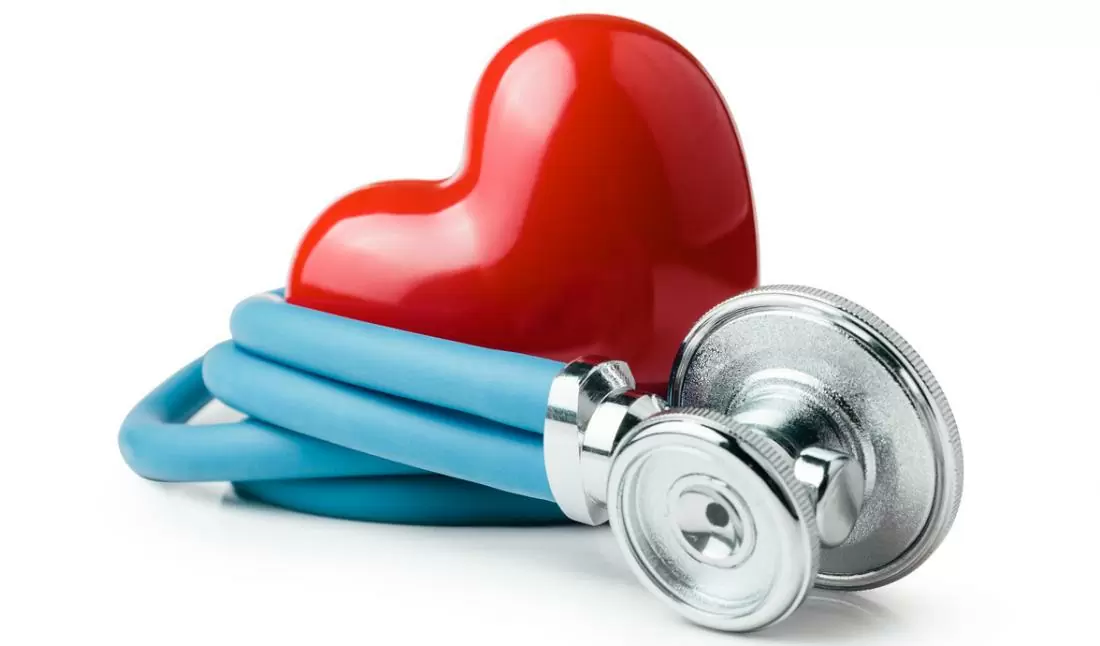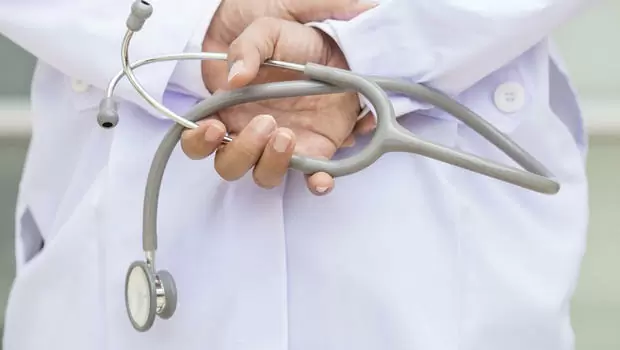We all know that processed foods aren’t good for you. More proof of this come from the Alzheimer’s Association, which did a presentation at the Alzheimer’s Association International Conference in San Diego to show the audience proof from various studies which showed that food like instant noodles, sugary drinks and frozen meals all play a role in cognitive decline. “It’s no secret that physical and mental cognitive health are intimately involved with each other, so it’s no surprise that this latest research suggests brain impairment too,†Rafael Perez-Escamilla, a professor of public health at Yale University, told the audience. “Just 100 calories of processed foods can affect your physical health. So, that’s two cookies,†he continued. Other research has linked ultra-processed food consumption to health problems such as obesity, cardiovascular disease, diabetes and cancers. Try the Mediterranean Diet, it’s great for your health and delicious. Regular readers of my blog know that both my father and grandmother had this terrible disease when they passed away. If you need information or just someone to talk to, there are some wonderful people at the Monterey branch of the Alzheimer’s Association in Ryan Ranch. They also have a 24-hour hotline at 1-800-272-3900.







